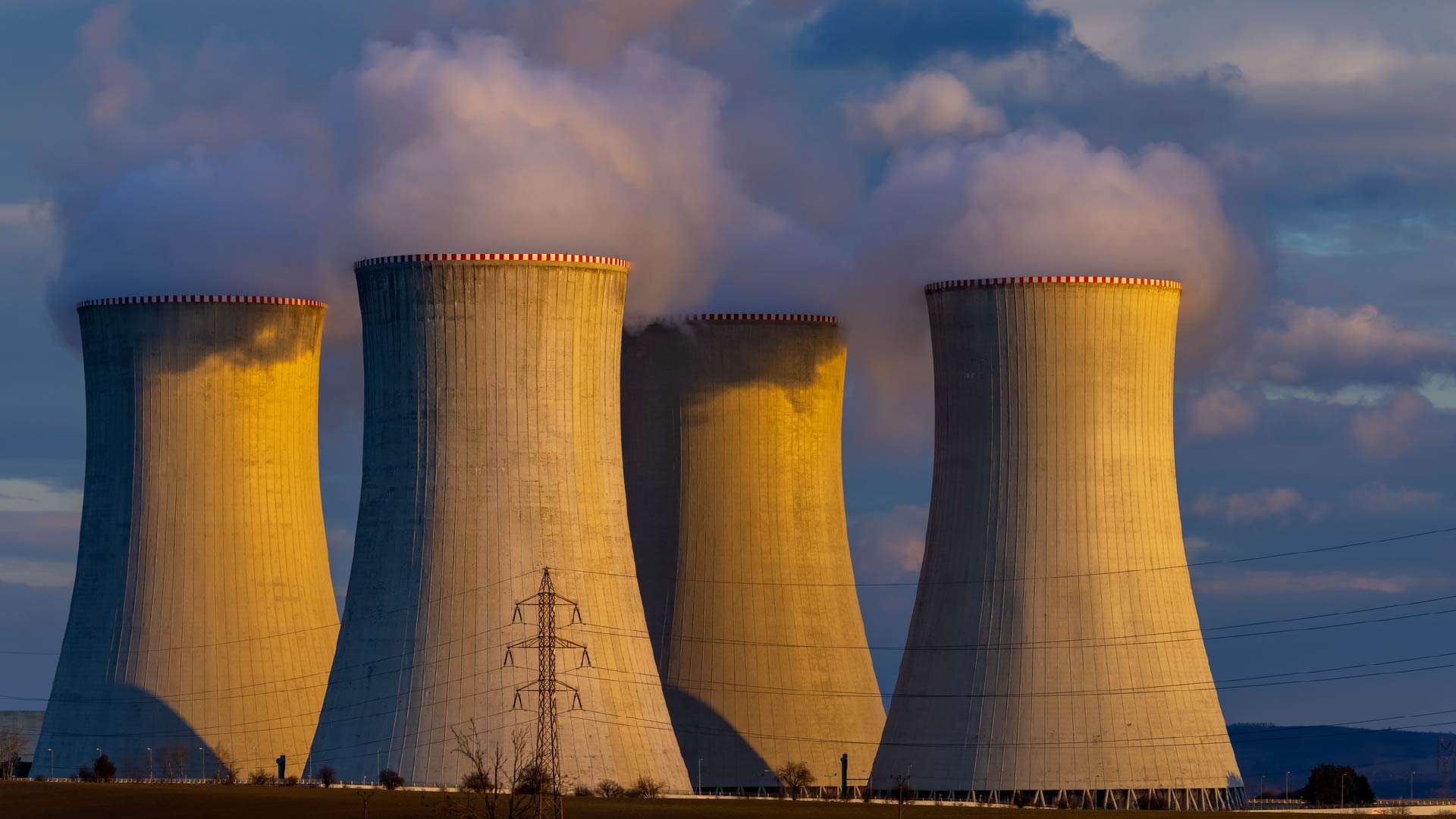General Electric Sparks Promise With Industry-Focused Split
11 Nov, 2021
On November 10th 2021, General Electric (GE), the American industrial conglomerate colossus, announced its plans to split the organization into three separate, publicly listed entities, focused on aviation, healthcare and energy – scotching the debate about the premise of the conglomerate model in the 21st century. Despite its rich history of almost 130 years, these verticals have been of core focus for GE, which has been actively divesting over the last decade from several other areas such as weapons manufacturing, locomotives, and venture capital and finance.
The split will be another Herculean task for GE’s CEO, Larry Culp, who took over the reins in 2018 with the determined vision to revitalize GE. Culp has led the efforts of cleaning GE’s balance sheets by paying off over $75 billion in debt by year end, and will now lead the bold split aimed at creating long-term success, growth and value for GE’s stakeholders.
GE aims to pursue a tax-free spin off of its health-care arm by early 2023 and of its energy unit, combining GE Renewable Energy, GE Power and GE Digital, by early 2024. The current GE will be the organization focused on aviation. The implementation timeline for GE’s split underlines the complexity in the move, indicating how intertwined the businesses are, but also allowing enough time for portfolio trimming and refocusing.
This move follows the initiative by Siemens to break out its healthcare and energy businesses in July 2018 and October 2020, respectively. Since its IPO, Siemens Energy, a $32 billion revenue business with over 50% being generated by sustainable solutions, has seen a rocky path due to management issues and market conditions. Similarly, of the three GE businesses, GE expects its Energy business to grow the slowest. While the energy market is facing a host of headwinds such as material shortages, supply chain disruptions and commodity price volatility, GE Energy is well equipped to secure a leading position in the energy transition market. By combining its strong OEM portfolio of gas and wind turbines with its growing technology suite that helps optimize grid and asset performance, GE Energy is armed to play a critical role in the energy trilemma of energy equity, energy security and environmental sustainability.
The uptake of digital solutions for operations and maintenance in the power gen industry is still in its infancy, especially the renewables sectors, but we expect the market to grow in double digits over the next decade driven by the increasing pressure to operate and maintain the distributed and usually remote heavy assets. Leveraging GE Digital’s software portfolio, especially the recently launched remote operations and operations performance management software products, will be key for GE Energy in obtaining a competitive edge relative to other OEMs in the energy industry.
For more information on operational excellence technologies for industrial asset management, operational risk management as well as remote and safe operations, please visit the Verdantix research portal.
The split will be another Herculean task for GE’s CEO, Larry Culp, who took over the reins in 2018 with the determined vision to revitalize GE. Culp has led the efforts of cleaning GE’s balance sheets by paying off over $75 billion in debt by year end, and will now lead the bold split aimed at creating long-term success, growth and value for GE’s stakeholders.
GE aims to pursue a tax-free spin off of its health-care arm by early 2023 and of its energy unit, combining GE Renewable Energy, GE Power and GE Digital, by early 2024. The current GE will be the organization focused on aviation. The implementation timeline for GE’s split underlines the complexity in the move, indicating how intertwined the businesses are, but also allowing enough time for portfolio trimming and refocusing.
This move follows the initiative by Siemens to break out its healthcare and energy businesses in July 2018 and October 2020, respectively. Since its IPO, Siemens Energy, a $32 billion revenue business with over 50% being generated by sustainable solutions, has seen a rocky path due to management issues and market conditions. Similarly, of the three GE businesses, GE expects its Energy business to grow the slowest. While the energy market is facing a host of headwinds such as material shortages, supply chain disruptions and commodity price volatility, GE Energy is well equipped to secure a leading position in the energy transition market. By combining its strong OEM portfolio of gas and wind turbines with its growing technology suite that helps optimize grid and asset performance, GE Energy is armed to play a critical role in the energy trilemma of energy equity, energy security and environmental sustainability.
The uptake of digital solutions for operations and maintenance in the power gen industry is still in its infancy, especially the renewables sectors, but we expect the market to grow in double digits over the next decade driven by the increasing pressure to operate and maintain the distributed and usually remote heavy assets. Leveraging GE Digital’s software portfolio, especially the recently launched remote operations and operations performance management software products, will be key for GE Energy in obtaining a competitive edge relative to other OEMs in the energy industry.
For more information on operational excellence technologies for industrial asset management, operational risk management as well as remote and safe operations, please visit the Verdantix research portal.
Discover more Asset Performance Management Software content
See More
About The Author

Victor Voulgaropoulos
Director, Advisory Services





